- 17 Posts
- 7 Comments

 0·9 days ago
0·9 days agoTo get anything close to what that used to look like would take massive reductions in consumption and production across the board. Not just shifting what type of fish people eat. Having a lot, lot less of it overall
It’s not just a higher population. Per capita consumption of fish has gone up quite a bit in the past decades, though has leveled off

 1·2 months ago
1·2 months agoWhich is a global pollutant as opposed to more local ones

 10·2 months ago
10·2 months agoThat’s why I noted Local Pollutants as opposed to global ones

 0·3 months ago
0·3 months agoThe article also site other studies too. (It calls the N=40 preliminary early research)

 0·3 months ago
0·3 months agoTends to doesn’t means always will ¯\_(ツ)_/¯

 1·2 years ago
1·2 years agoThere’s slowly starting to be more and more awareness. I’ve started to see larger outlets start to call things like that out more often (though very much still not all there yet). For instance, the New York Times just recently ran a piece about how animal feed is the largest user of the colorado river and how we need to think about changes in what we eat: The Colorado River Is Shrinking. See What’s Using All the Water
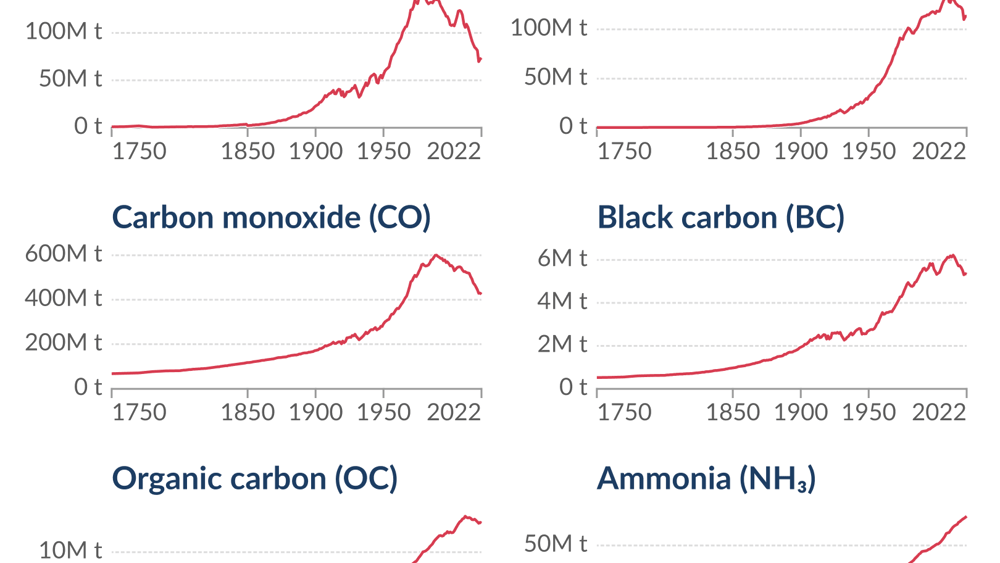

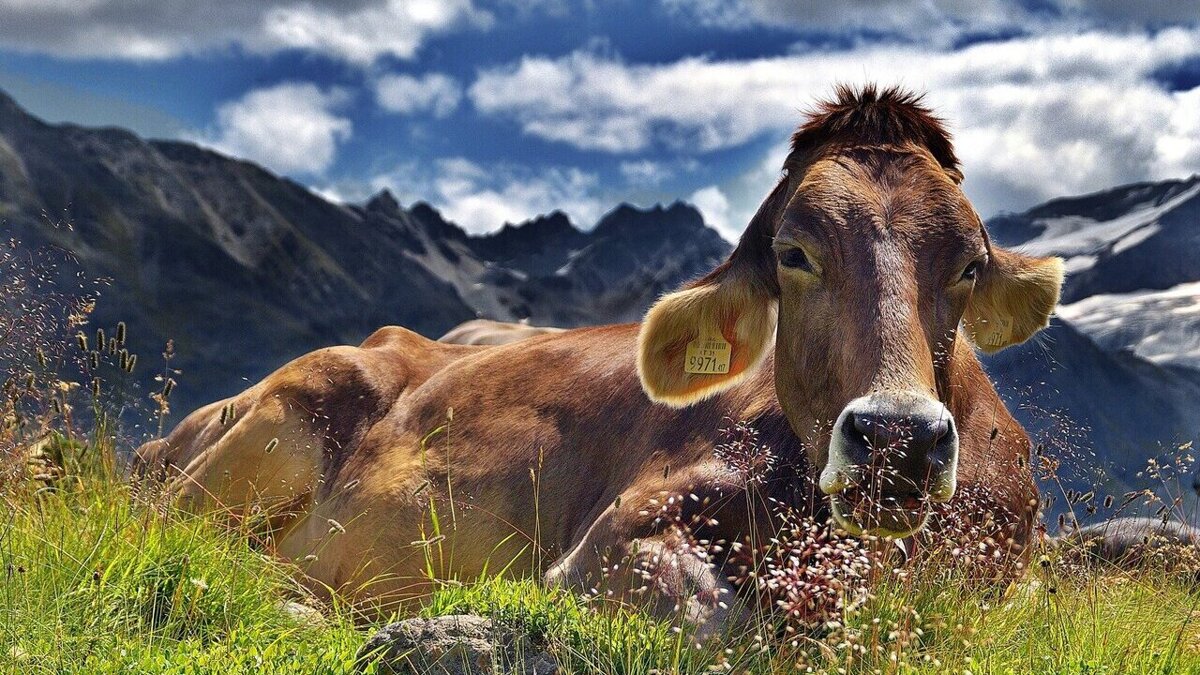
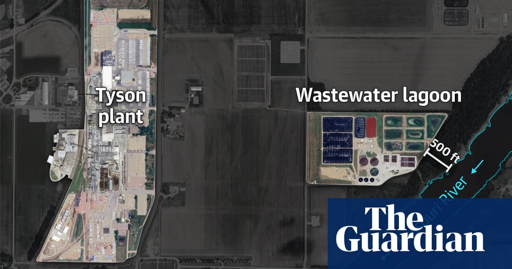
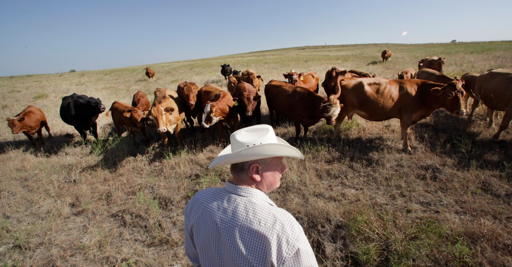
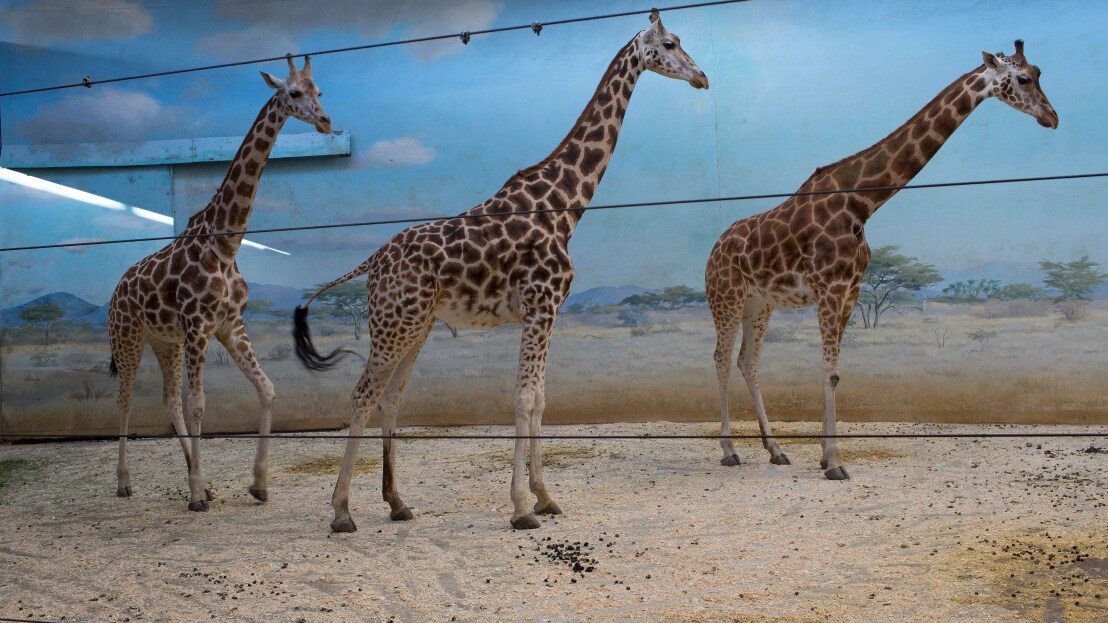
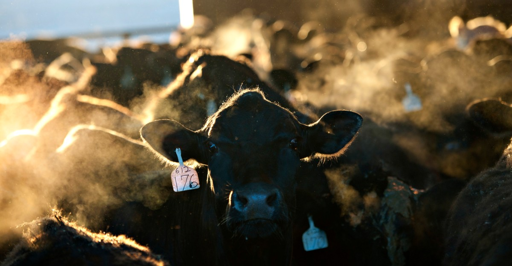
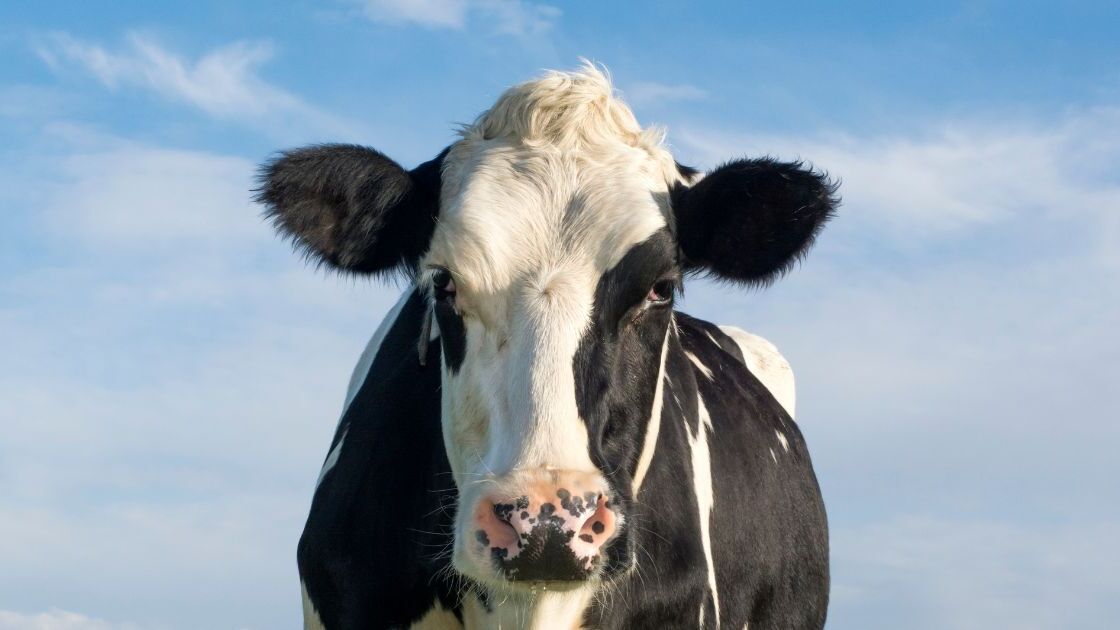

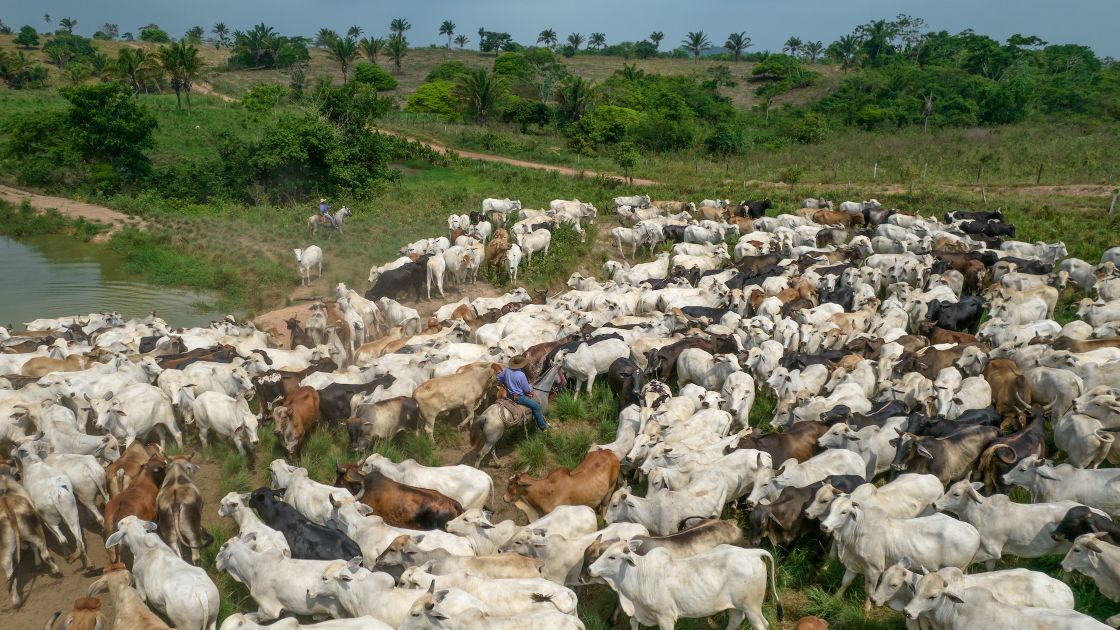
Fish farms are not the environmental win they claim themselves to be. They can sometimes actually make things worse because they’ll often take wild caught fish as feed too!
https://www.theguardian.com/environment/2021/feb/11/global-salmon-farming-harming-marine-life-and-costing-billions-in-damage
Environmental impact is not limited to salmon farming either. All kinds of fish farms dumps large amounts of waste into the environment
They can also drive deforestation in some parts of the world too
https://onlinelibrary.wiley.com/doi/10.1111/gcb.14774